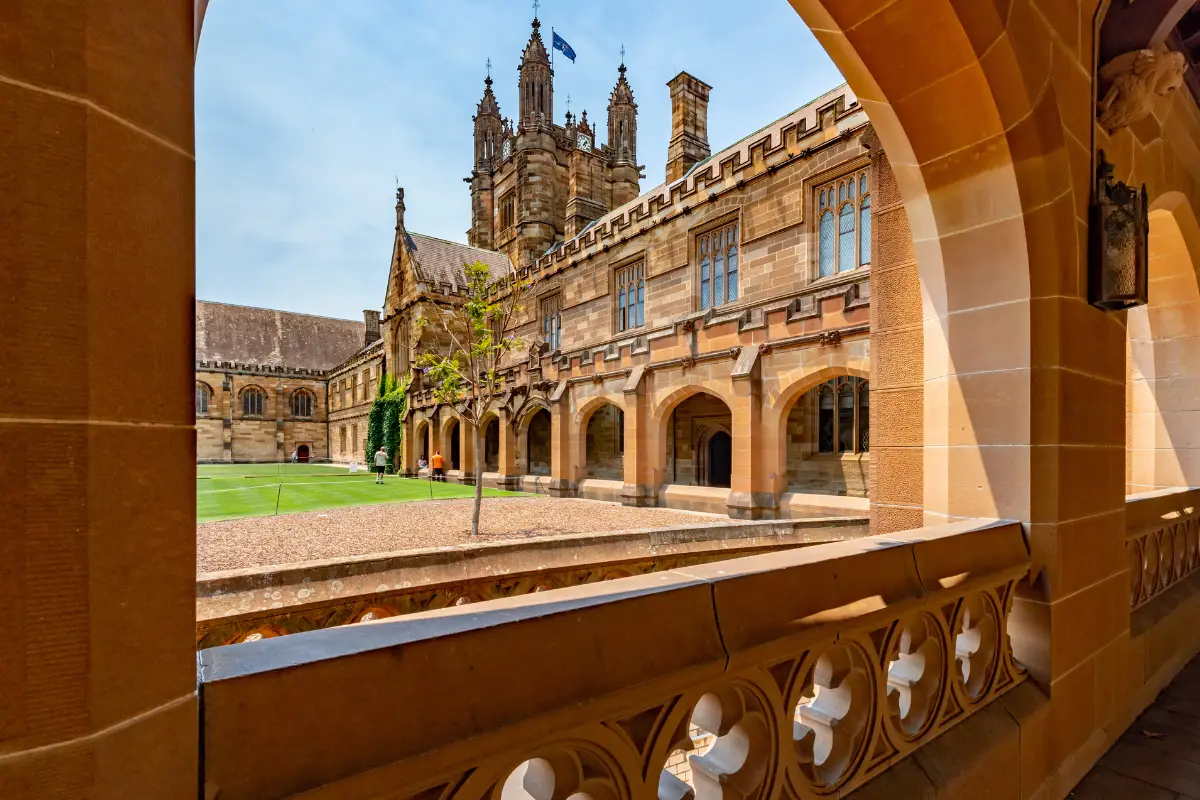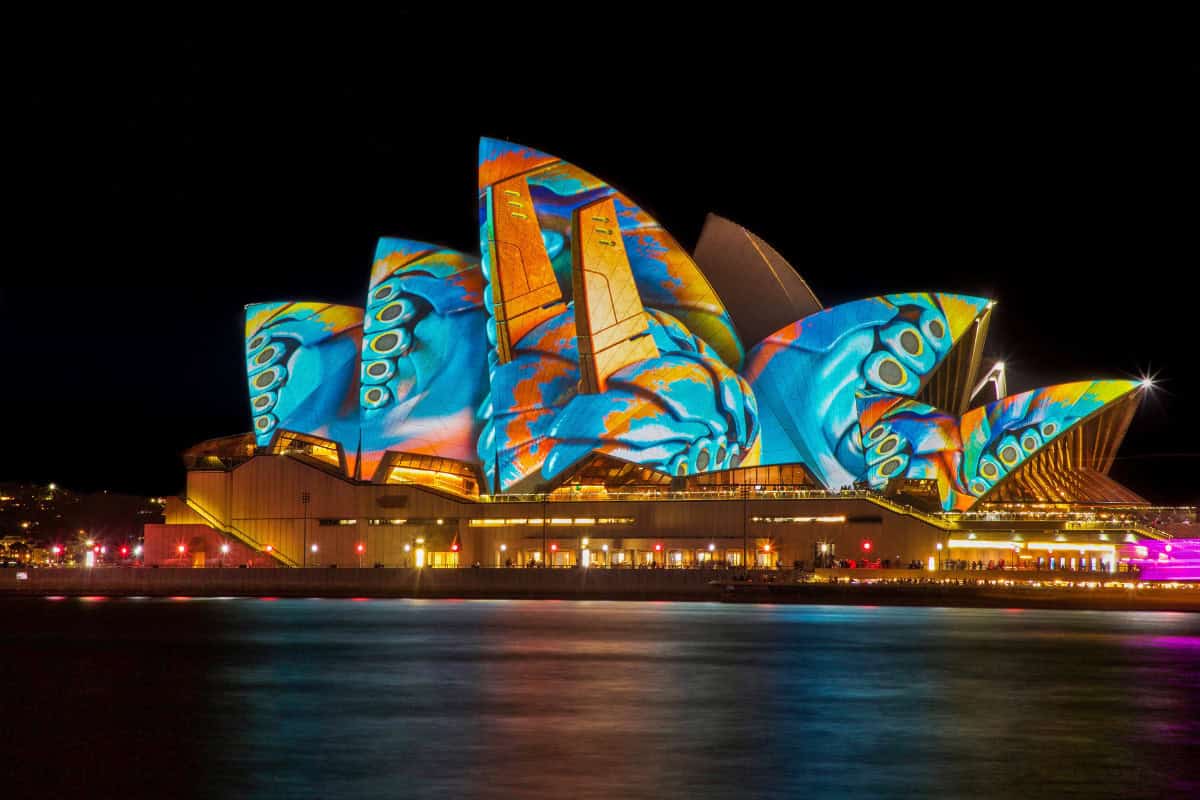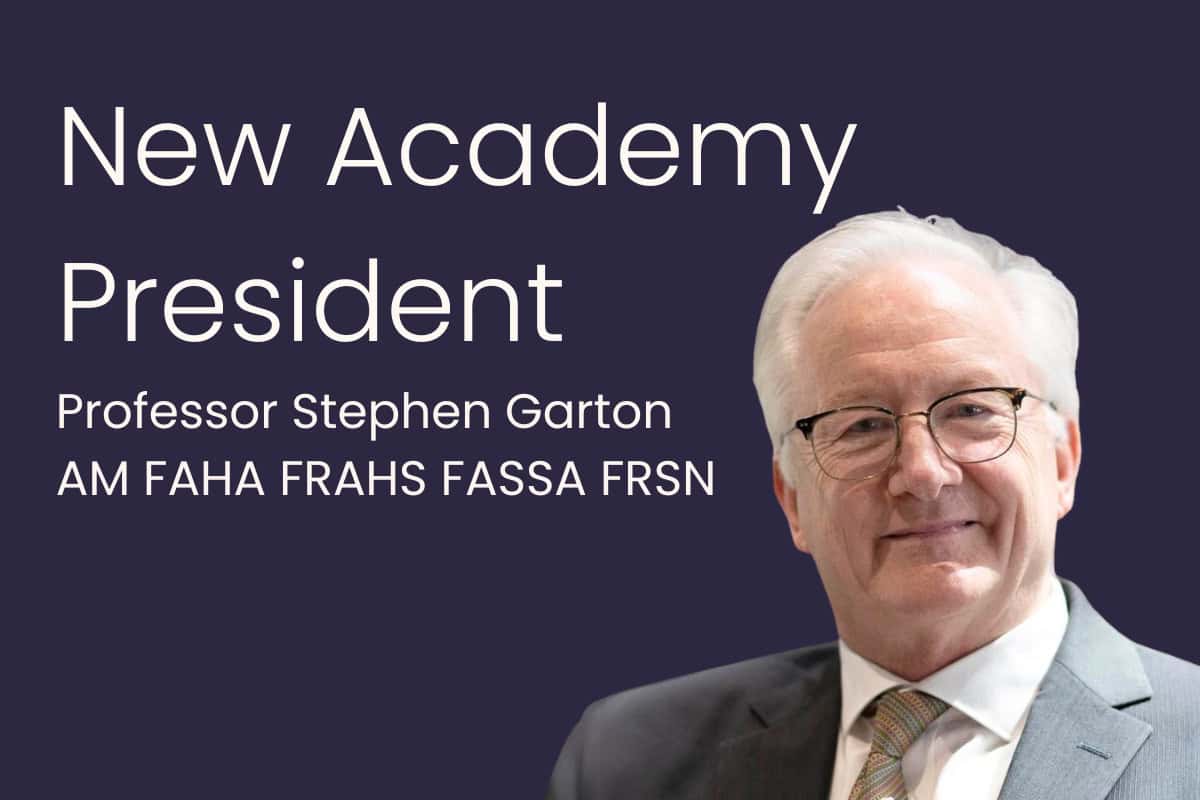![]()
The YES campaign of the 1967 Referendum used a poster featuring a photo of an Aboriginal baby and the slogan ‘Right Wrongs – Write YES for Aborigines’. Australians, including the Liberal Prime Minister Robert Menzies, thought this little baby deserved a better future.
That campaign lacked the spectacle of duelling politicians. Both major parties worked together – Liberal and Labor members stood side by side handing out how to vote YES pamphlets. And an overwhelming majority of Australians voted YES. With the Commonwealth Government now empowered to enact laws for Aboriginal citizens, that Constitutional change signified a new beginning.
The Republic Referendum of 1999, divided on political lines, did not. The ‘NO’ campaign argued: ‘If it ain’t broke, don’t fix it’. And the NOs won. Consequently, in the Australian Constitution, the King holds the final say over matters of our nation.
It is broken, so let’s fix it
While the ‘ain’t broke, don’t fix it’ argument is re-emerging in the Voice Referendum, in this case, it is difficult to argue that something is not badly broken.
After the national Apology to the stolen generations in 2008, Prime Minister Kevin Rudd introduced the Closing the Gap Report. Every year, the outcomes are read aloud in Parliament.
Gaps are not closing fast enough, if at all.
In 2023, the healthy birthweights for babies target has gone backwards. Health, education, housing, poverty, unemployment, incarceration rates, overall life span – most indicators fall well behind national standards. Despite Australia being one of the world’s wealthiest countries, Aboriginal people are suffering.
Finding a voice: one step forward, many steps back
Throughout our nation’s history, Aboriginal voices have offered strategies towards improving their people’s situation, but they have struggled to be heard.
For example, from the 1880s, Yorta Yorta elder William Cooper lobbied government for political representation and rights, his pleas were ignored. In the 1930s, he led an Aboriginal deputation that presented a formal petition via the Prime Minister to the Commonwealth Parliament. It was addressed to King George V, with 1814 signatories. However, in 1938, the National Cabinet declined to forward it onto the Palace. Other collective pleas included the Yirrkala Bark Petition of 1963 and the Barunga Statement of 1988.
There were times of optimism. In the 1980s, I had the honour to briefly serve on one of the advisory committees formed by Aboriginal Affairs Minister Gerry Hand towards establishing the kind of nation-wide representative body that Aboriginal leaders had long advocated.
In 1990, the Aboriginal and Torres Strait Islander Commission was successfully established, however by 2005 it was dismantled. Despite its troubles, the then Minister for Immigration and Multicultural and Indigenous Affairs, Amanda Vanstone, later regretted that decision.
Another representative body, known as the National Congress emerged, but it, too, was defunded. The history lessons are stark; with changes of government and policy, various recognised bodies have been readily dismantled, then not replaced.
An exceptional case for a voice to parliament
In 2017, a nation-wide regional, remote and urban consultation process culminated in the Uluru Statement from the Heart. The group called for Voice, Treaty, Truth. Their first priority would be a Voice to government guaranteed in the Constitution.
The main opposition to the Voice, the ‘No’ campaign, goes by the name ‘Fair Australia’. It argues that there is no special case for Aboriginal people to have such a mechanism. But this overlooks their long, long history.
Indigenous peoples have made history on the continent and its adjacent islands for more than 60,000 years. This sets them apart. As does the fact that after 1788, Aboriginal people were robbed of their land, their languages and, for a protracted period, their liberties.
The ‘Fair Australia’ campaign contends that putting the Voice in the Commonwealth Constitution would divide loving homes. Senator Jacinta Nampijinpa Price, who is married to a Scotsman – who, incidentally, is not a bad singer – claims that the Voice will draw a line through her family.
However, if you look at Australia’s past history, you will find that various state and Commonwealth governments not only prohibited marriages between mixed couples, they also took away the children. The traumatic results of these policies are still felt today.
For much of the twentieth century, Aboriginal reserves served as sites of segregation; people were moved off their traditional Country and subjected to intensive surveillance. If a white man spent time visiting an Aboriginal woman on a reserve, in many states he would be interrogated by police. In Western Australia, the Northern Territory and Queensland, a non-Aboriginal man living with an Aboriginal woman could receive a jail sentence or a hefty fine for ‘cohabiting’, yet they were restricted from legally marrying. Australia, known for its White Australia policy, wanted to keep Australia ‘fair’– at least in skin tone.
Aboriginal people had no mechanism that allowed them a Voice at the table. Without such a voice to government, Aboriginal people had no recourse against such injustices. Consider – if Aboriginal people had had a Voice – one that was an actual right, and that could not be taken away – would this prolonged human suffering have endured for so long? The child removals, the lost children, the lost families. Surely then their cries could not have been silenced.
This 2023 Voice Referendum follows the gentle invitation of the Statement from the Heart for ‘Voice, Treaty, Truth’. Its language is far from divisive. A call to unite, it offers plenty of Heart. It is an invitation, an opportunity in our time, to create greater parity for every young child. A step towards the right kind of fairness.
YES. YES. To help fix what is broken.
Learn more
- Read our Council’s statement in support of voting yes in Voice referendum
- Find out how you can support the YES campaign



